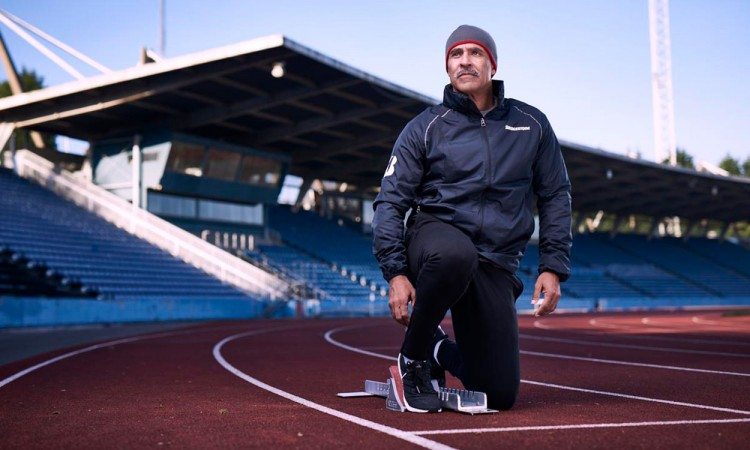Doing a workout on Christmas Day is admirable, says sports and exercise psychologist Dr Josephine Perry, but don’t ignore the need to rest your body and mind
Daley Thompson is often quoted as having said: “I train twice on Christmas Day because I know the others aren’t training at all. It gives me two extra days.”
I do love the dedication and determination that is clearly behind it – but as a tactic for long-term high performance I wouldn’t recommend a mindset that ignores your need to rest and recover both physically and mentally.
Maybe ask yourself how many days of the year are you 100 per cent focused on your athletics? If you answer 365 I’ll give you a really hard Paddington stare and suggest we talk about balance, burnout and performance.
The brain is not designed for high performance – it is designed for survival – and so while it can be incredibly good at helping us perform well it needs some downtime to keep our body functioning effectively. Christmas can provide an excellent opportunity to take this downtime and if you can do it without the guilt that you should be training you’ll get even more benefit.
Daley Thompson
Having this planned break in focus can be really helpful at allowing you to keep your focus the rest of the time. If you know that you have a week or so to totally relax then it becomes much easier to turn down temptations at other times of the Christmas period.
What can also help is to use some of the time to do some goal setting. There is strong evidence to show that when you follow a clear goal setting process you are better able to maintain motivation, focus on processes over outcome, focus on your own performance (so you stop worrying about what everyone else is doing) and have confidence that you have prepared as best you can. If you can spend some of the time over the Christmas break to set these structured goals and write them down you will be able to turn your good intentions into achievable actions.
You want to pick a goal that is about four to six months ahead of you – too soon and there isn’t enough time to work on it so you won’t bother, too far away and it feels like what you do now won’t really matter.

Once you have set your goal check it is exciting enough – you need something that will turn your tummy with excitement that you really want to achieve. Then work backwards from that outcome you are looking for and write down the performances you will realistically need to achieve…
CLICK HERE to Read the Full Original Article at AW…

